Rosh HaShanah To Do List
This is a practical follow-up to the blog "The Spiritual Alarm Clock Chimes" containing specifics on practice during this season of history in which Yom Teruah is being observed in most of the Jewish world as "Rosh HaShanah."
1. How to greet people?
Feel free to say "Shanah tovah." - "Shanah tovah" simply means "a good year." It does not say "new" - that is implied. So, there is nothing wrong with wishing people "a good year."
2. If you want to provoke interest in Atonement and lead to discussion of Two-Testament faith, or even Yeshua as the Suffering Messiah ...
... when someone says "Shanah tovah" to you on the two days of Talmudic Rosh HaShanah, you COULD answer, "Yom Teruah Mevorach." (pronounced "yome teh-ROO-ah meh-vo-RAKH" ... the emphasized syllables are capitalized for correct pronunciation. It means The word "mevorach" merely means "blessed." You are wishing them a good holiday by its actual name. [ FYI - the old Yiddish standard greeting on any holiday, "Gut Yontiff!" (goot yahn-TIFF) means simply, "A good holiday!" and also works fine for Rosh HaShanah. ]
3. Rosh HaShanah Symbols
Apples and honey are fine for holiday items because they symbolize hopes for good seasons and blessings during the cycles of holidays, among which Yom Teruah is included. But we should BE SURE to include a shofar - or image of one – at our Rosh HaShanah celebrations and meals and give it a prominent place, because it calls focus to the actual given Biblical meaning of the holiday.
Again - this can provoke conversation among those observing non-Biblical or anti-Biblical forms of Judaism, leading to ... you guessed it ... :-) ... atonement ... leading to Yeshua possibly becoming a focus of discussion.
I hope this helps you apply the teaching in the preceding blog.
So - Shanah tovah, Yom Teruah mevorach, and Gut Yontiff to all :-)
Rabbi Bruce L. Cohen
New York City
29 September 2011 - 1 Tishri 5772
